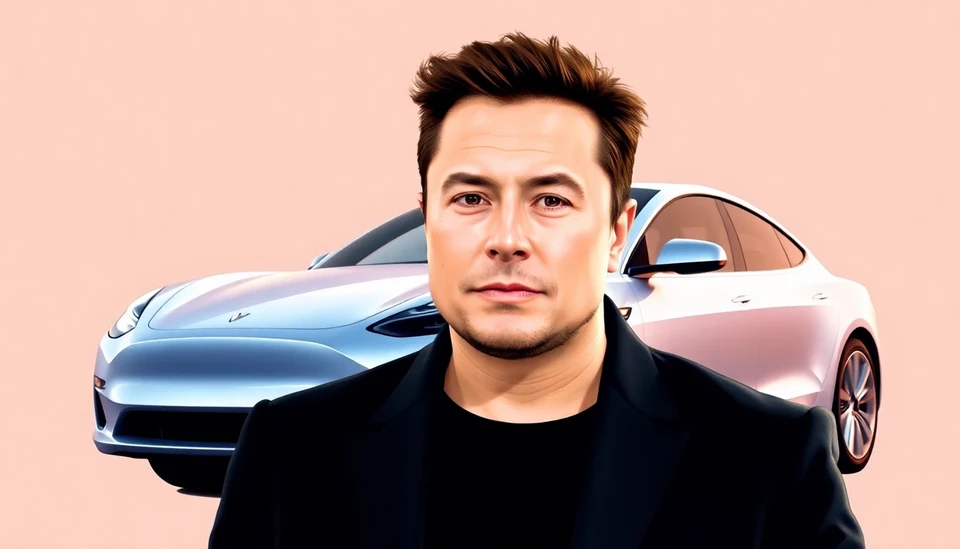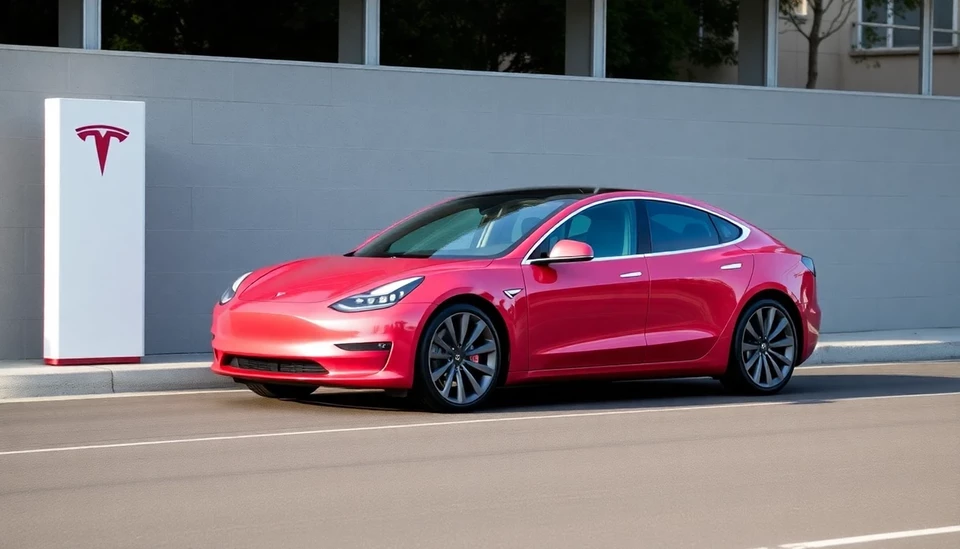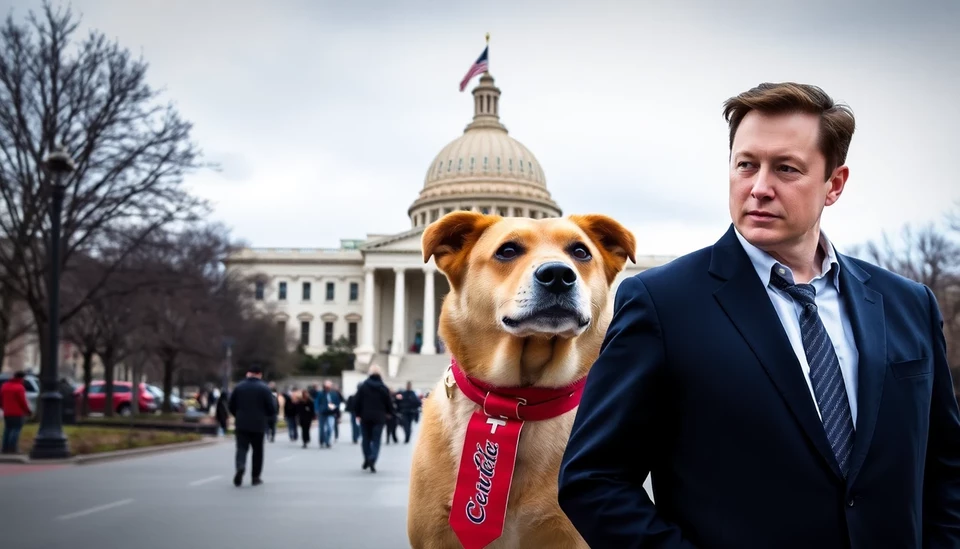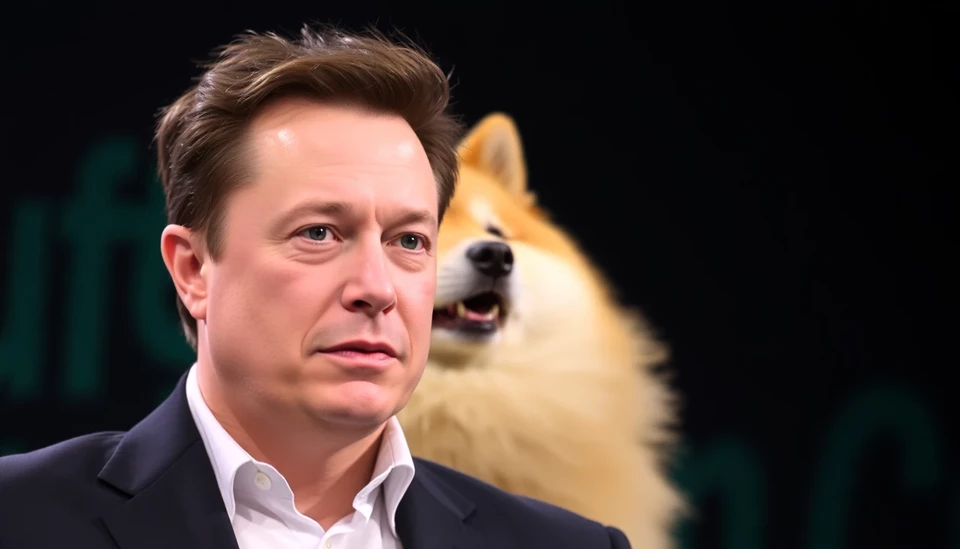
In a significant legal victory for tech entrepreneur Elon Musk, a judge has declined to swiftly impose a restraining order that would have blocked an ambitious initiative aiming to distribute $1 million in giveaways to voters. This decision has sparked renewed discussions about the intersection of technology, social engagement, and civic responsibility during the upcoming elections.
The case centers around Musk's recent efforts to promote voter engagement through a platform designed to incentivize participation in elections. Critics have raised concerns regarding the potential for such giveaways to sway electoral outcomes or unintentionally influence voter choice. However, Musk's legal team contends that the initiative is intended to foster civic involvement rather than manipulate electoral proceedings.
During the hearing, the judge acknowledged the complexities involved in evaluating the motivations behind the giveaway program. Musk's argument emphasized that the intent is purely to encourage democratic participation and not to interfere with the electoral process. The judge's decision to allow the program to continue for the time being reflects a broader tolerance for innovative approaches to political engagement.
As the election season approaches, the program has garnered attention not only for its financial incentives but also for its underlying message about the importance of voting. Proponents argue that such initiatives can help bridge the gap between disengaged populations and the political process, potentially increasing voter turnout among demographics that typically under-participate in elections.
Despite this legal win, challenges remain on the horizon. Various advocacy groups are expected to continue scrutinizing the impact of monetary giveaways on voter behavior and electoral integrity. These groups may pursue further legal action or advocacy tactics aimed at curtailing what they perceive as a potential threat to the sanctity of the voting process.
Musk's initiative also raises questions about the role of private entities in shaping electoral participation. As his companies continue to influence various sectors—from electric vehicles to space exploration—the conversation around tech moguls participating in democratic processes is intensifying. How Musk and other tech leaders choose to engage with civic duties in the future will likely be a focus of public and legal discourse.
In conclusion, while Musk has successfully navigated this particular legal challenge, the conversation surrounding the balance between voter incentivization and electoral integrity is far from resolved. As more details about the program unfold, it will be crucial for regulators, advocates, and the public to carefully examine the implications of such initiatives on the democratic landscape.
#ElonMusk #VoterEngagement #Election2024 #CivicResponsibility #TechInPolitics
Author: Victoria Adams




